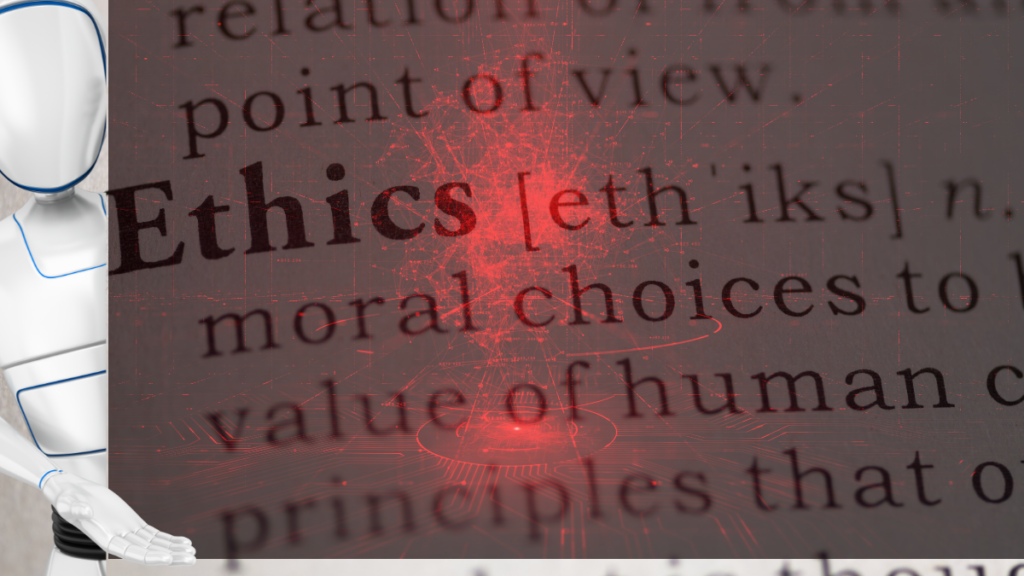As the use of artificial intelligence continues to expand in industries across the globe, the need for ethical guidelines becomes increasingly pressing. While AI has the potential to revolutionize fields such as healthcare, finance, and transportation, it also poses significant risks to society if not properly regulated.
One of the biggest challenges we will face in the coming years is ensuring that AI is developed and used fairly, transparently, and respects human rights. This includes preventing discrimination and bias in AI systems and protecting individual privacy and security.
Another major challenge is ensuring that AI is used in a way that promotes the common good. This includes ensuring that AI benefits society as a whole rather than just a select few. It also means taking into account the potential consequences of AI, such as job displacement and economic inequality.
To address these challenges, governments and other organizations worldwide are starting to develop laws and regulations around AI ethics. However, many experts believe these laws are not yet robust enough to fully address the challenges we will face in the coming years.
One of the main issues with current AI ethics laws is that they tend to be reactive rather than proactive. This means that they are often only put in place after a problem has already occurred rather than being designed to prevent problems from happening in the first place.
Another issue is that current laws tend to focus on specific industries or applications of AI, rather than looking at the broader implications of the technology. This means that laws cannot always keep up with the rapid pace of technological change.
To truly address the challenges we will face in the coming years, experts believe that we need a more holistic approach to AI ethics. This would involve creating a legal framework that can adapt to the constantly evolving nature of AI and is able to account for the broader societal implications of the technology.
Additionally, experts believe that we need to take a more proactive approach to AI ethics by involving a wide range of stakeholders in developing and implementing laws and regulations. This would include not only tech companies and government agencies, but also civil society organizations, academics, and the general public.
In conclusion, as AI continues to play a larger role in society, we must take the necessary steps to ensure that it is used fairly, transparently, and respects human rights. While laws and regulations around AI ethics are a step in the right direction, we need a more holistic and proactive approach to truly address the challenges we will face in the coming years.

